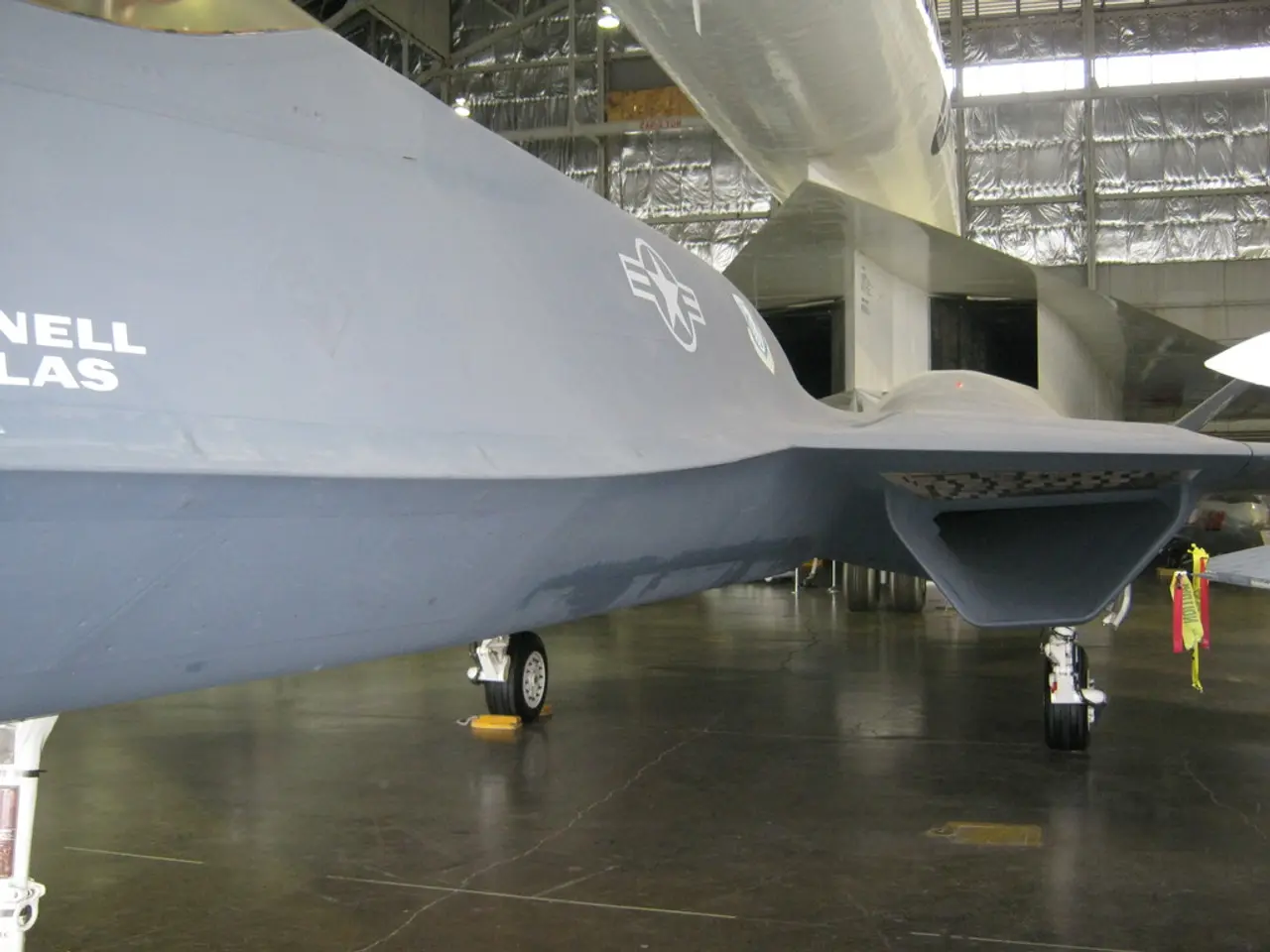Airline Neglect Claims: Blind Women Assert They Were Forgotten on Southwest Flight
In a recent incident reported by FOX 35, two blind passengers, Sherri Brun and Camille Tate from Florida, found themselves as the only passengers on Southwest Flight 2637 from New Orleans to Orlando. The flight, which was scheduled to depart on July 14, had a nearly five-hour delay before the women boarded.
The Air Carrier Access Act (ACAA) requires airlines to provide prompt and effective communication for passengers with visual impairments, especially during delays, rebookings, and boarding changes. However, Southwest Airlines failed to meet these communication requirements, as the women were not informed about an earlier rebooking of other passengers.
As a result, Brun and Tate waited by their assigned gate, checking Southwest’s app for updates, unaware that nearly all other passengers had been rebooked. According to Brun, they were told by airline staff, "You're the only two people on this flight because they forgot about you."
The U.S. Department of Transportation has highlighted that airlines must ensure passengers with visual impairments receive timely updates during disruptions. Southwest’s handling of this situation led to complaints alleging poor communication and inadequate assistance, violating the ACAA’s provisions.
Southwest Airlines has denied suggestions that they 'forgot' the two customers or sent a plane back to get them. The airline offered each of the women on Flight 2637 a $100 travel voucher as compensation for the delay.
The incident has sparked calls for systemic reforms, including mandatory audio announcements and dedicated liaisons to better support travelers with disabilities. Southwest Airlines is active in the airline industry in sharing best practices about how to best accommodate Passengers with disabilities. However, the airline has acknowledged the need for improvement and is looking for ways to enhance their customers' travel experiences.
Sophia Compton, a Digital Production Assistant at our website Digital with a journalism degree from the University of Hawaii at Manoa, reported this incident. Southwest Airlines has been reached for further comment but has yet to respond.
- The Air Carrier Access Act (ACAA) necessitates airlines to provide clear communication for passengers with visual impairments, notably during travel disruptions like delays, rebookings, and boarding changes. However, in the case of Southwest Flight 2637, the incident showcased a failure to meet these communication requirements, causing confusion and frustration for travelers like Sherri Brun and Camille Tate.
- The incident on Southwest Flight 2637 brought light to the need for systemic reforms in the airline industry, emphasizing the importance of mandatory audio announcements and dedicated liaisons to better support passengers with disabilities. Despite Southwest Airlines' active participation in the industry and efforts to share best practices, the occurrence has underscored the need for improvements in their communication and accommodation of passengers with disabilities.






